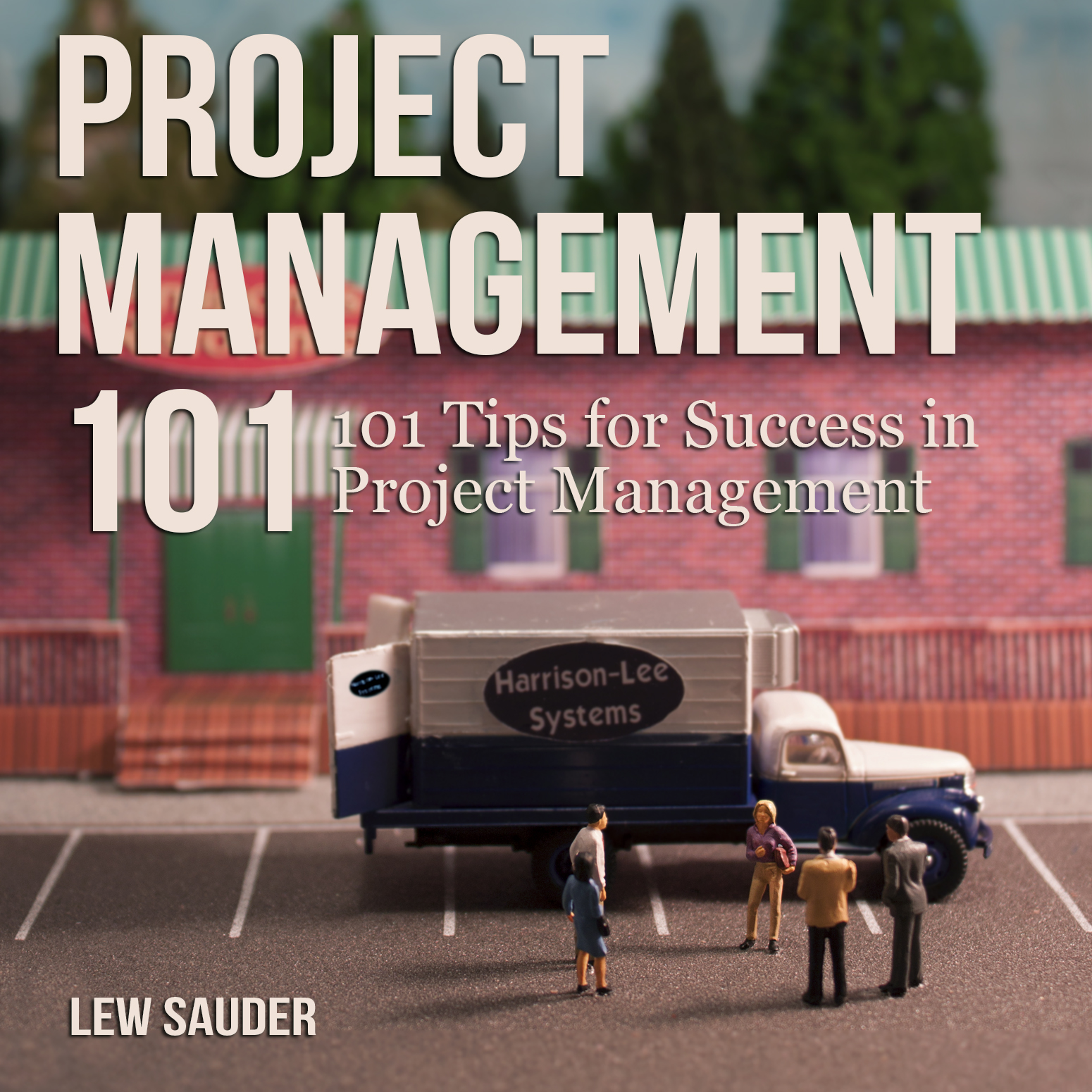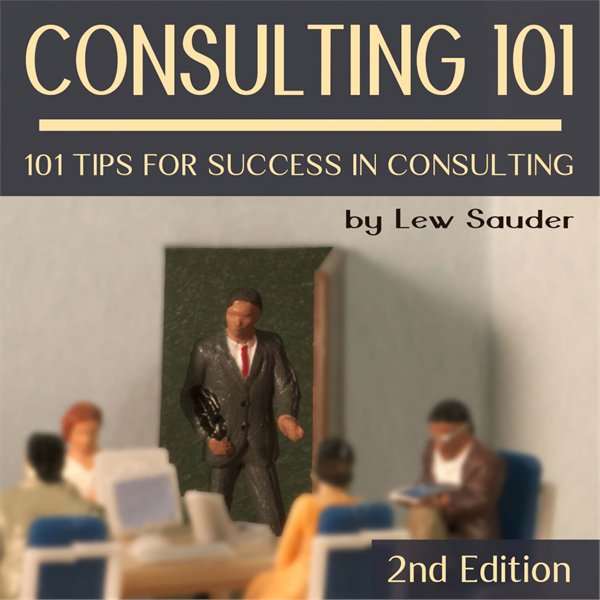I recently met a college student who was studying psychology. He was one of the brightest and most ambitious young men I’ve met. He had dreams. He wanted to own his own business.
“Not just a little sole proprietorship,” he told me. “I’m willing to start small. But I want to grow this business and someday have something on a national scale.“
“That’s great. How do you hope to do this?” I asked.
“Well first, I want to get my PhD in psychology.”
“Why do you want to do that?” I asked, trying not to sound too incredulous.
“I want to be the best I can be.” Was his response. “So I want to get the best education I can get.”
It occurred to me that he had the idea that the more education he got, the more he would be successful. More is better. I talked to him about the fact that, unless you are going to go into research, there are diminishing returns to education at some point. I suggested that once he gets his bachelor’s degree, he may want to get some experience.
I asked him if he was familiar with the Pareto principle.
The 80-20 rule
The Pareto principle, also known as the 80-20 rule, stipulates that roughly 80% of value comes from 20% of one’s effort. You want to prioritize your work so that you are always doing that 20% that produces the top 80% of outcome. I explained to him that he could get a lot of value from earning his bachelor’s degree. That is focused on the 80%.
Someday, maybe a master’s in business administration (MBA) will be helpful. But probably not until he’s had some experience in business, either working for a company or running his own.
I told him that getting some business experience would probably be more focused on the 80% of value than a PhD.
Applying the 80-20 rule to big decisions
It’s normal to apply the 80-20 rule to major business decisions. In a consulting environment when we consider selling to a client. Are we spending 20% of our time seeking a client that will give 80% of long term value through additional business?
A manufacturer may identify that 80% of their customers buy 20% of their products. This can help them make decisions about whether to introduce a new product or to discontinue one.
For more information, checkout Career Management Tips for Project Managers
Applying the 80-20 rule to minor decisions
Those of us who apply the 80/20 rule, tend to use it for major decisions. But it can also be used for everyday decisions.
Planning: When you start a project of any size, it is important to spend time on planning. That is an area that provides 80% of value. I have always been a pretty organized person. I always have a daily to-do list. And I usually put it together the night before. I know people who don’t use a daily to-do list. I’ve found that they aren’t usually as productive.
Planning your day, whether it is through a to-do list or another means, allows you to lay out everything that needs to be done. But more than that, it allows you to prioritize.
Once you have listed everything you want to do, you can compare the tasks. You can identify the “80% items” to make sure you are working on the right things.
Perfectionism
I have spoken to people who call themselves “perfectionists.” It almost always turns me off. I’d probably never hire someone who calls himself a perfectionist. I’m a firm believer that perfect is the enemy of good.
Instead of doing the 20% of work to get 80% of value, a perfectionist will go well beyond the 20% trying to get 100% of value. That last 20% of value is not nearly as valuable. And the effort expended to get it could most likely be spent getting the 80% of value of some other task.
Conclusion
Applying the 80-20 rule should become a regular habit. Everything you do, everything you say should have some Pareto in it. Before you start anything, ask yourself “Is this an 80% task?”
It is important to do things right. But it is more important to do the right things.
Are you applying the 80-20 rule in your everyday decision making?
If you would like to learn more about a career in Project Management, get Lew’s book Project Management 101: 101 Tips for Success in Project Management on Amazon.
Please feel free to provide feedback in the comments section below.
Image courtesy of Stuart Miles at FreeDigitalPhotos.net






0 Comments